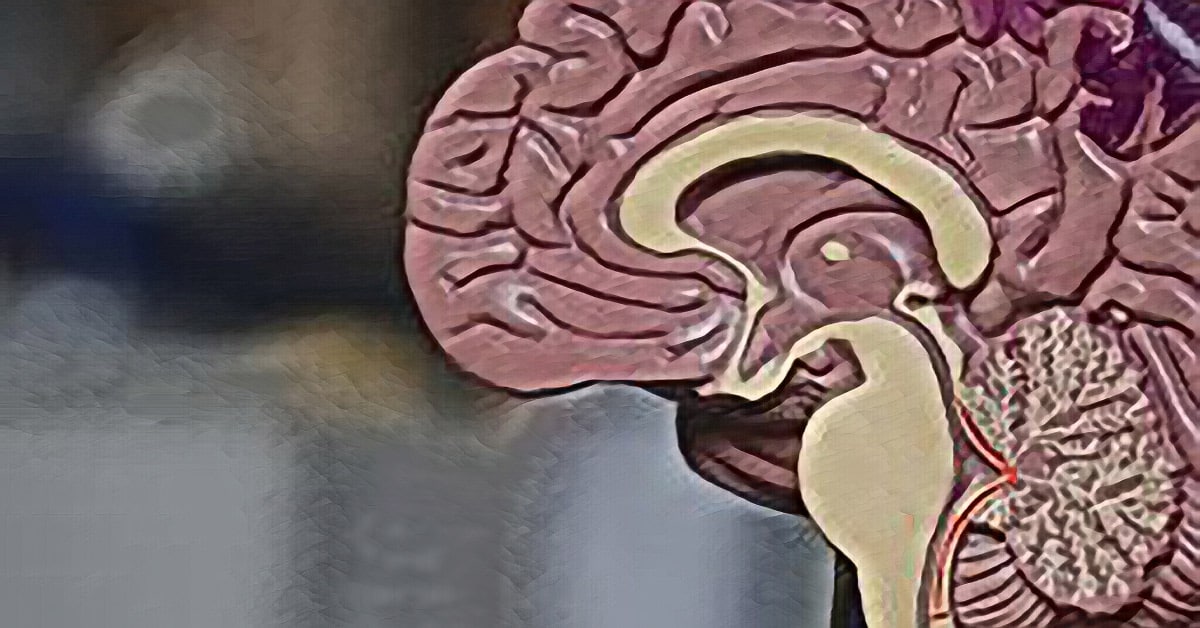- exhibition, project, Share Student Learning, share your learning, video, work


By
In this “one minute hit” Alec offers a simple suggestion for improving formative assessment
I used to think that I was too cool and progressive to give quizzes, but a quiz tells you whether kids are learning the things you think you’re teaching them. And it does this quickly, precisely, and with a certain elegance. The only way you can screw this up is by grading the quiz, because attaching a grade to a quiz ruins your data.
Think of it this way. When you give a quiz, you’re basically a scientist conducting an experiment in order to test your hypothesis that these students learned this thing I spent all week teaching them. And if you grade your students based on how they perform, that’s like a scientist telling their test subjects, take this medication, and if you get the results I’m hoping to see, I’ll give you $100. That ruins the data.
So when you give a quiz, tell the kids they’ll get 10 points for completing it, no matter how they do. And tell them you don’t want them to study for it, because you were trying to find out what they know, not what they crammed into their short-term memory at midnight last night, and then re-upped it just before class started.